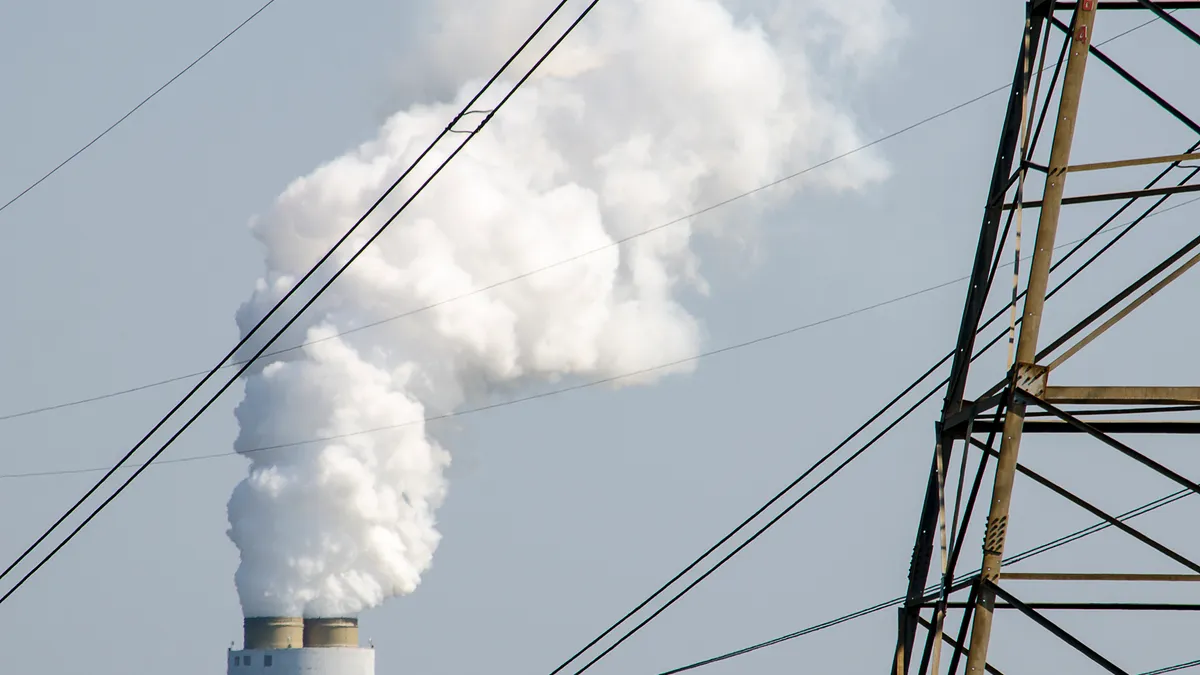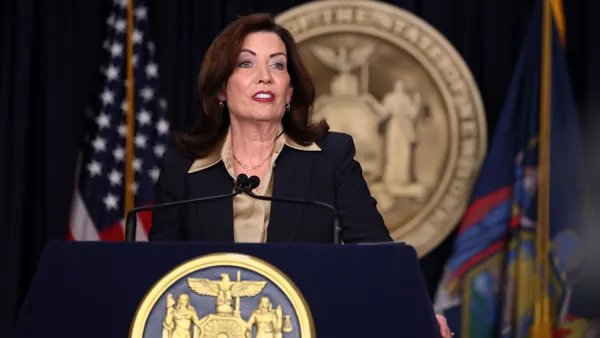Dive Brief:
- The U.S. Environmental Protection Agency has approved revisions to Arkansas' State Implementation Plan (SIP), loosening Obama-era restrictions that were expected to put some coal generators out of business.
- According to the EPA, the change to the SIP is the first step towards replacing the state's Federal Implementation Plan (FIP) under the Regional Haze Program of the Clean Air Act.
- The Trump Administration has been methodically rolling back many rules and regulations put in place by President Obama. The EPA has approved more than 200 SIPs since March 1, 2017 and several federal plans have been converted.
Dive Insight:
The announcement highlights the steady pace of how Pruitt is rolling back Obama-era restrictions. He claims that under his leadership, the EPA has turned at least one FIP into a SIP approximately every month.
The Arkansas FIP was the final Regional Haze Plan enacted by the Obama Administration and required the installation of more than $2 billion in control technology. EPA said it has worked with Arkansas for the last year to update the state’s plan rather than adhere to the FIP. The agency calls it a "well-coordinated, cooperative approach."
When the federal plan was finalized in 2016, Arkansas Gov. Asa Hutchinson (R) called it "unsupported federal overreach." But he applauded Pruitt's move to roll back those restrictions as part of the agency's new focus on so-called "federalism," a concept of government that splits power between states and federal level.
This is the latest effort in a long series made by the Trump administration to loosen pollution protections under the Clean Air Act. Last week, the EPA announced it is loosening pollution control requirements for major sources of hazardous emissions such as mercury and lead.
A major art of that announcement, the head of the EPA Air Office said the agency would rescind the "once in, always in" policy under the Clean Air Act that made major pollution sources subject to tougher emission control standards. Now, companies will be able to escape the tougher standards if they take steps to cut pollution.














